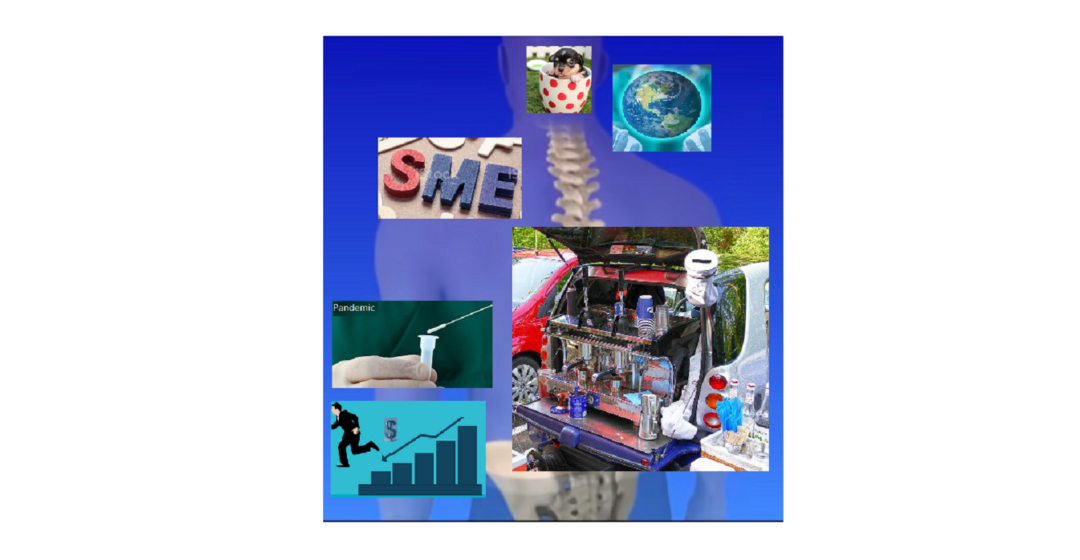I am still in favour of the small and medium-enterprise (SMEs) business sector over large firms. They are crucial to nations’ economic sustainability and growth.
The global economic crisis and the 2020 Covid-19 pandemic are causing turbulence in the business environment and increasing uncertainty. Actually, SMEs are facing more challenges in such a business environment and they are the hardest affected. This is due to marginal resources, and less diversification, which puts them at higher risk than large enterprises.
For example, in 2020, the number of SMEs decreased by 1.3%, employment by 1.7%, and valued added in SMEs fell by 7.6% as reported by the European commission in 2021. The majority of SMEs either had to close their operations or faced a significant decline in revenue. However, there remain open questions, about how SMEs cope and survive during these times, and will develop strategies that will orchestrate resilience.
The dynamic environment and frequent unpredictable events affect the organisation’s performance, and challenges managements with a need to align the organisation with the ever-changing market environment. The top management has the challenge of building, integrating, and reconfiguring internal and external competencies, and this translates to dynamic managerial capability for organisational resilience: abilities, means, actions and organisational behaviours in anticipating and dealing with financial adversity for recovery.
Organisational reaction to external threats has to be agile in such a way that its’ resources are allocated appropriately with respect to the environment. In addition, reliability is essential; with adaptable business models or design principles, that mitigate vulnerabilities and disruptions. Organisational behaviour should develop capacities to form dynamic strategies that maintain operations in times of uncertainty and respond effectively to them.
Sebuwufu Joseph Awali
Industrial Management
Doctoral Programme in Technical Sciences,
University of Vaasa





Thank you for your article. I’m glad that someone like you is ’defending’ the SME:s during these, indeed, uncertain times. I’ve heard that the negative impact of the Covid-crisis in business will be seen in earnest first after some years. So, what we’re seeing now is maybe just the tip of the iceberg? I hope that your research will highlight and clarify the struggles that SME:s have been and are facing.
Good luck with your research!
SMEs are truly important for the welfare and growth of economy. For example in Finland SMEs are mainly responsible the growth of working force of last decades. SMEs are important role in innovations and development and of course as service provider for larger companies. Uncertainty and unpredictability cause lots of challenges for SMEs. Probably Covid-19 has adversely affected the most of SMEs in last years. Some of companies have managed better than others. The question is how? Organizational resilience is one of the key capabilities for surviving in turbulence. But to what extent are SMEs making use of resilience-enhancing business models today? That’s definitely a topic worth for research. Good luck for your interesting dissertations process!
I agree. I’m glad that you have selected this topic. It’s very important! SMEs are significant part of the vitality. Over 99% of companies operating in EU are small or medium-sized. It should be clear that it’s important to support SMEs in unexpected crises like Covid-19. It’s great that you’re bring out these points and involved in developing the activities for these companies.